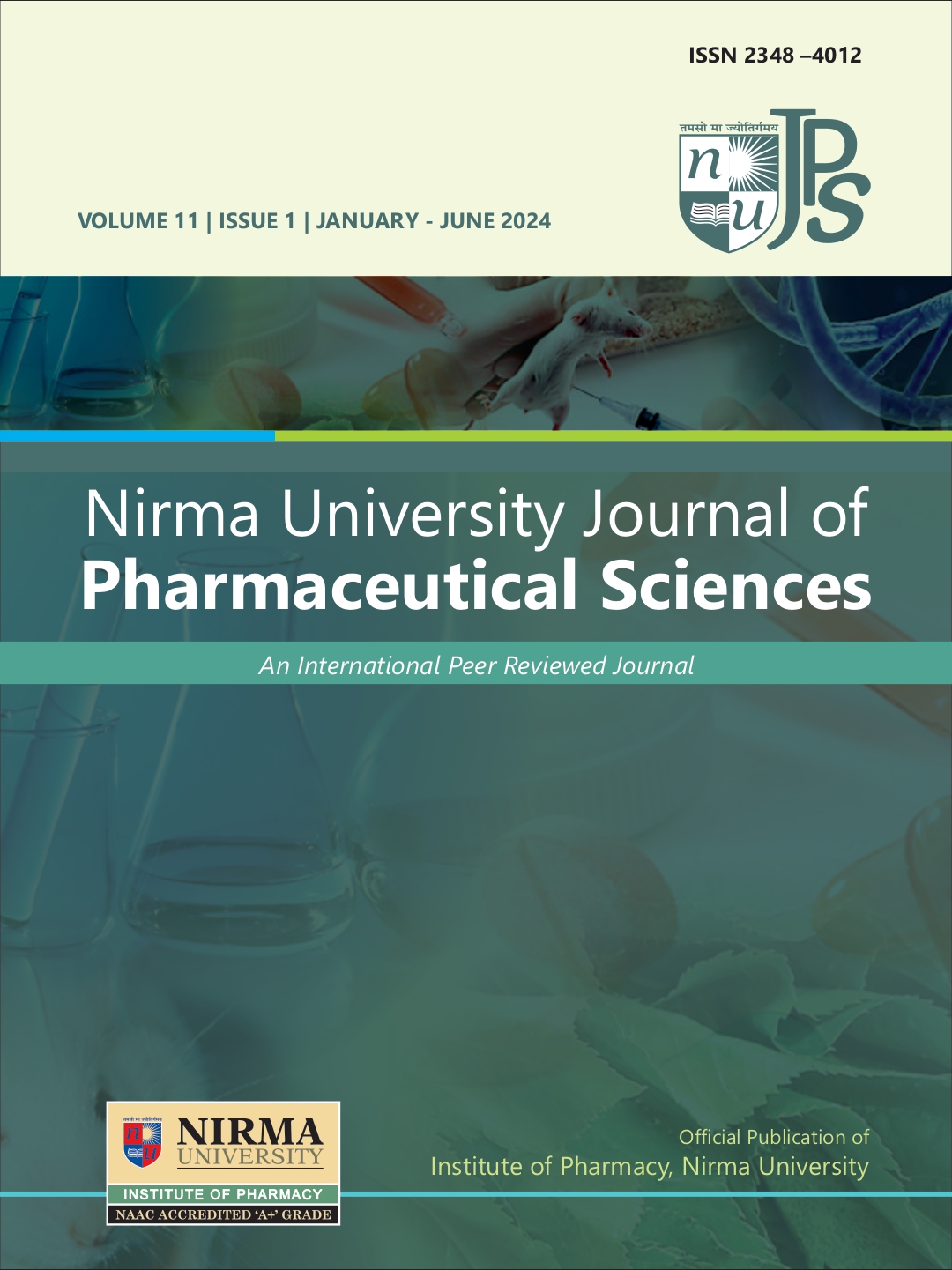FUTURE OF ENVIRONMENT WITH CARBON ALLOTROPES
DOI:
https://doi.org/10.5281/Abstract
Carbon and its allotropes have been regarded as a fantastic invention that solved several chemical, biological and physical problems. Carbon nanomaterial fabrication and applications have emerged as a highly intriguing and rapidly evolving field of study in the last few decades. In the present review, the carbon materials found have been presented thoroughly according to their crystal structures, taking into account the type of hybridization. Carbon and its bonding properties, along with special applications of the carbon allotropes, have been discussed so far including various future scopes of the carbon allotropes in an array of suggested strategies to inhibit metal corrosion, in storage of energy with cutting-edge synopsis and emphasis on sodium and lithium ion batteries, elimination of organic pollutants from wastewater through catalysis. Furthermore, their usage as core materials in new generation optoelectronic gadgets and biomedical cell scaffolds, gene therapy, newly discovered allotropes like graphdiyne and its applications as promising for energy resources due to its exceptional physicochemical characteristics, which include non-uniform electron distribution, uniform pore distribution, great electron mobility, and elevated chemical stability, etc. are discussed. In summary, the environment's future would be much more sustainable using carbon allotropes and their derivatives effectively. Therefore, the purpose of this review is to offer a suitable path for empowering advancements in ongoing research that will strengthen applications in the future and help this field overcome its current constraints.







